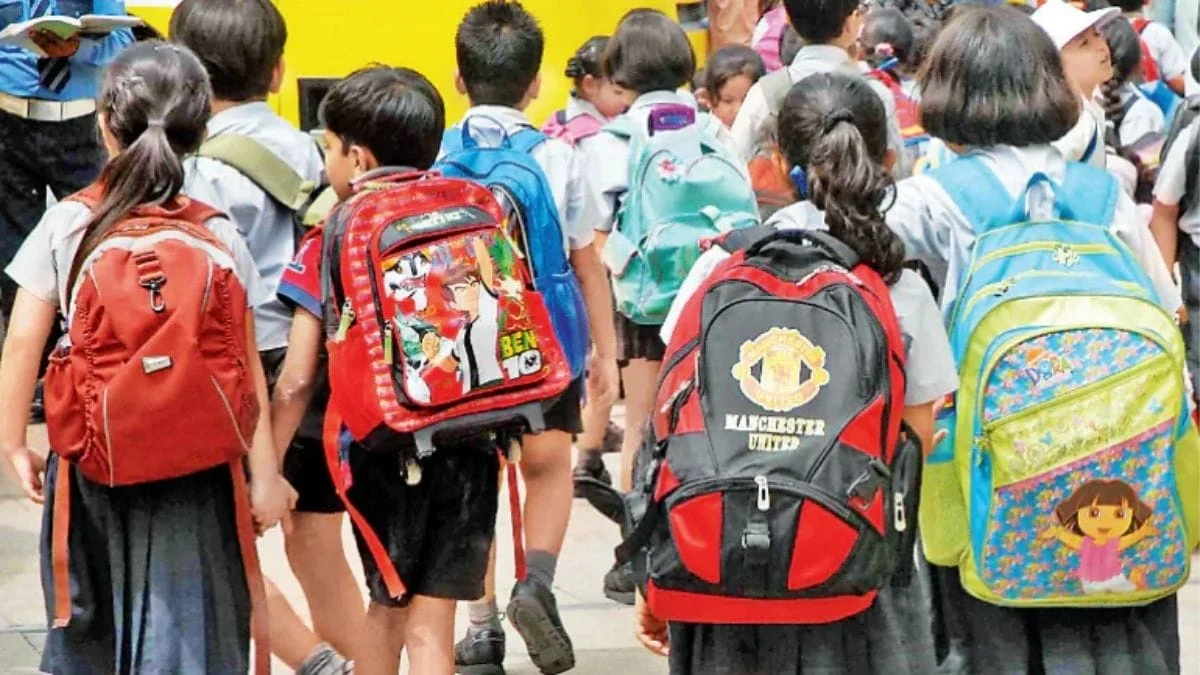In the coming two years, a brand new curriculum might be introduced in schools that would ensure to make text-heavy books lighter.
This curriculum is considered as a part of National Education Policy (2020) which proposes to make school education and academic content more engaging and interactive.
An official, as cited by Moneycontrol, stated, “Heavy books that are filled with theory content may soon become thinner. We are engaged with the discussion with states and allied stakeholders on this matter.”
Policies on school bags
In accordance to the ‘Policy on school bags’ declared in the past year’s December, as a part of NEP 2020, the maximum weight of the student’s school bags (from class 1 to 10) should not be more than 10 per cent of their body weight.
Meanwhile, the existing school-book content that are heavier on text are being made simplified. This is likely to make classroom lessons more interactive. This measure would include thinner books complemented with audio visual content in the classroom along with practical training.
The National education policy lays down different curriculum for school education, adults and teacher education being prepared by the National Council for Education Research and training (NCERT).
NCERT is an umbrella body that operates under the government and publishes educational textbook for the schools.
As yet, there was only one National Curriculum framework which was at the core of the school education system.
Feedback received from the states
As per reports, every states and its districts are required to send their feedbacks regarding the academic matters, that could be included in the curriculum. Further, they are also urged to suggest steps to make the contents more engaging.
An official informed,”A final decision on the structure of the curriculum could be taken at the end of July. Since states are also giving inputs, this will also mean state- specified content including art and culture, would be made a part of the books.”
It is expected that the final implementation would commence from the 2022-23 academic year onwards, in the first phase.
Coding, financial literacy and artificial intelligence would also be included in the curriculum, as per reports.
Moneycontrol quoted sources who revealed instead of adding fat textbooks to the school bags, the government wants to make it digital-enabled.
An official elaborated, “E-textbooks will be made available so that a child is able to access the content from anywhere.” Sector experts will be consulted in the field of developing content for emerging technologies, the official added.
Indian education system
An UNICEF report suggested that the Indian education system is one of the biggest in the world. it have over 1.5 million schools, 8.5 million teachers and around 250 million children who come from different socio economic background.
The Ministry of education looks forward to not only make the content more engaging but also to control the drop out rates in the schools.
According to an Ministry of Education data, the average drop out rate at the primary school level is 4.13 per cent. At secondary school level it increases to 17.06 per cent.


